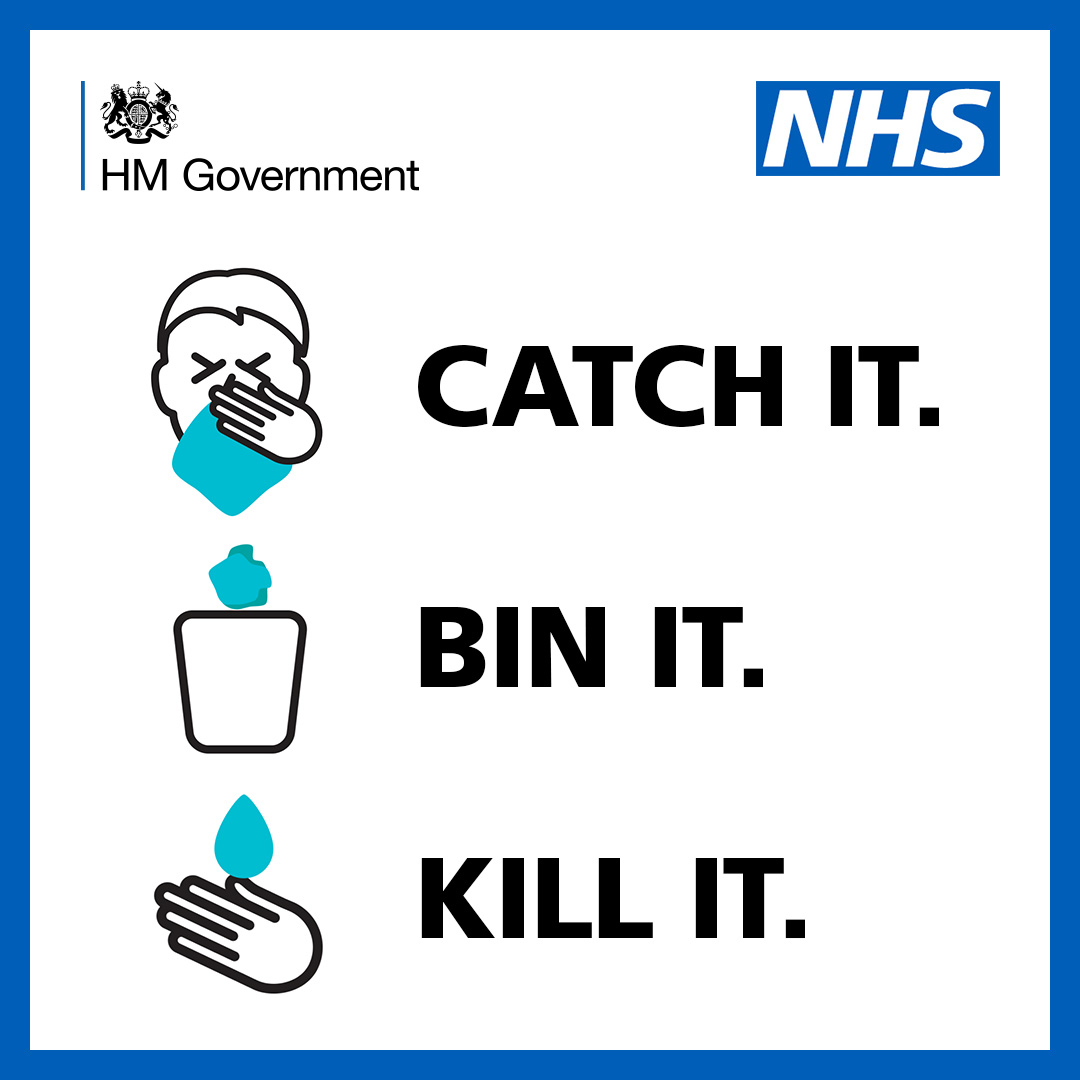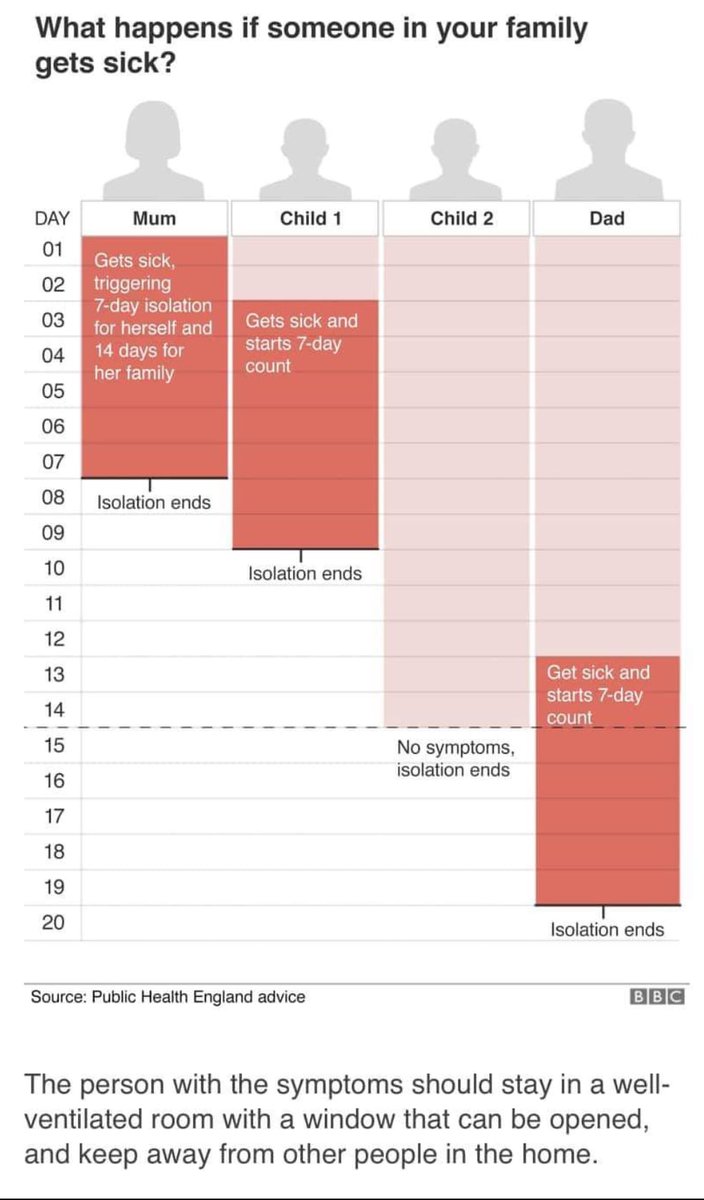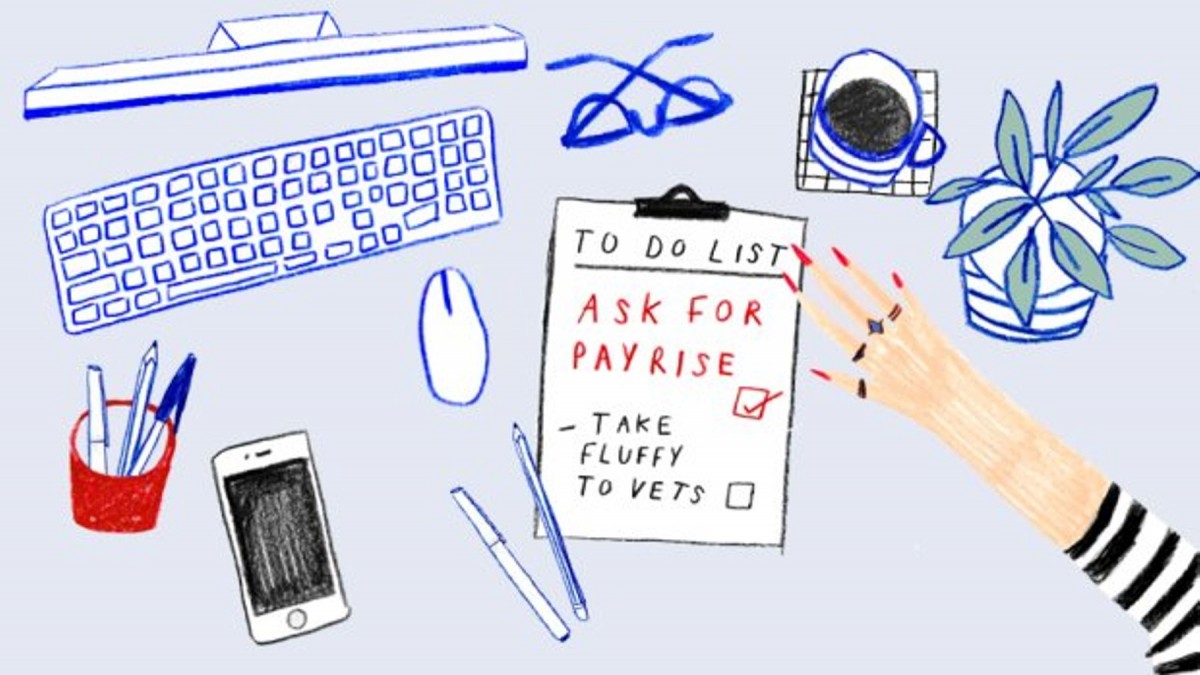How to prepare your employees to help reduce the spread of Covid-19
Here, we share the latest advice on how to introduce appropriate measures in your workplace to help reduce the spread of Covid-19.
Recently, employers have been heavily criticised by the First and Deputy Minister for failing to introduce appropriate measures into the workplace to protect employees from the spread of Covid-19.
Employers and employees have a crucial part to play, however there does seem to be a lack of knowledge around what simple steps individuals can take which will have a dramatically positive impact on reducing the spread of the Coronavirus.
Julie Pollock from Consult HR shares with us her top tips on how employers can play a critically important role in preparing their workplaces and employees to minimise the impact of the Coronavirus to both the workplace and the general public.
-
How does the coronavirus (COVID-19) spread?
Coronavirus spreads through respiratory droplets produced when an infected person coughs or sneezes. The droplets can land in the mouths or noses of people who are nearby (within 2 metres) and can potentially be inhaled into the lungs.
It is thought the virus can be spread both through people showing symptoms and those who do not show symptoms.
If someone with the virus sneezes or coughs into their hands and they touch a surface or an object, which another person then touches, this is another way the virus can be spread. It can also live on individual’s clothes for a period of time.
This is why hand-washing, sneezing or coughing into a tissue or sleeve is essential, as well as binning used tissues. People are also being advised not to touch their face and to keep 2 meters away from other people (who aren’t from their household).
-
What Are the Symptoms of the Coronavirus
The symptoms of the Coronavirus are:-
- A high temperature – this means you feel hot to touch on your chest or back (you do not need to measure your temperature)
- A new, continuous cough – this means coughing a lot for more than an hour, or 3 or more coughing episodes in 24 hours (if you usually have a cough, it may be worse than usual)
You should educate your staff on these symptoms and advise them NOT TO COME TO WORK if they have any of these symptoms. They should not leave their home and they should follow the normal company absence reporting procedures.
Employees should be advised to protect others by NOT going to places like their GP surgery, pharmacy or hospital. They should STAY AT HOME.
Use the 111 online coronavirus service to find out what to do if needed.
-
What is social distancing and how do you as an employer apply this in the workplace?
Social distancing measures are steps you must take to reduce social contact between employees and others that your employees may come into contact with at work.
Employees should stay 2 metres (6ft) away from others. Employers have a responsibility to ensure appropriate measures are put into place and some examples of these are:
- Staggering breaks to reduce social contact with others
- Splitting employees into various shifts to reduce the number of people at work at the same time
- Work from home arrangements introduced for those staff who can work from home
- Re-spacing workstations/desks and communal areas
- Installing screens to separate employees
- Generally reducing the amount of contact with others at work or in public
- Replacing face to face meetings with online virtual meetings
- Ensuring appropriate ventilation in work areas
If employees are required to visit members of the public, i.e. home visits or visiting customers etc, any face to face visits should be avoided where possible. However, where this is not possible appropriate risk assessments should be conducted in advance of the meeting such as contacting the client in advance to establish if there is anyone at the premises who has tested positive with the virus, are self isolating or have symptoms.
Employers should educate their employees on social distancing practices.
-
Social Distancing Outside of Work
How staff interact with people outside of work is equally as important as when they are at work. Employers should also educate their staff on good social distancing practices outside of work such as:
- Avoiding contact with someone who is displaying symptoms of coronavirus – these symptoms include high temperature and/or new and continuous cough;
- Avoiding non-essential use of public transport, varying your travel times to avoid rush hour, when possible
- Avoiding large gatherings, and gatherings in smaller public spaces such as pubs, cinemas, restaurants, theatres, bars, clubs
- Avoiding gatherings with friends and family – keep in touch using remote technology such as phone, internet, and social media
- Using telephone or online services to contact your GP or other essential services.
-
What should your staff do if they think they have the Coronavirus
- If a staff member has symptoms of coronavirus, they need to stay at home for 7 days;
- If they live with someone who has symptoms, they will need to stay at home for 14 days from the day the first person in the home started having symptoms;
- However, if they develop symptoms during this 14-day period, they will need to stay at home for 7 days from the day their symptoms started (regardless of what day they are on in the original 14-day period). This may mean they have to stay at home for a maximum of 21 days;
- If they have symptoms and live with someone who is 70 or over, has a long-term condition, is pregnant or has a weakened immune system, they should try to find somewhere else they can stay with for the 14-day isolation period;
- It is likely that people living within a household will infect each other or be infected already. Staying at home for 14 days will greatly reduce the overall amount of infection the household could pass onto others in the community;
- Testing for coronavirus is not needed if you are well enough to stay at home.
If all members of the household have to stay at home together, they should try to keep away from each other as much as possible.
Employees should self-isolate if they have been advised to do so by their doctor, NHS 111 or on the basis of government advice to avoid spreading the virus.
Employees who need to self isolate should be advised NOT TO ATTEND WORK and follow the normal absence reporting procedures.
This is a useful guide to demonstrate how the periods of self isolation work:-
-
What Does Self Isolation Mean?
Self-isolation is for the purposes of minimising the spread of the virus in the event there is the potential that one of your employees may have it.
Self isolation means not leaving your home for any reason (other than to exercise once a day and this must be at least 2 metres away from others), not leaving the house to buy food or collect medicine and not to have any visitors. They should get others to bring them whatever supplies they need and to leave it on their door step or window sill to avoid contact.
If employees who are self isolating feel well enough to work, they can work from home if there is work they can do from home and their employer agrees to this.
More guidance on self-isolation can be found here.
In situations where employees are required to self isolate, employers should advise their employees of what they should do during their period of self isolation.
You should also educate employees in advance that they should NOT COME TO WORK in instances where they should be self isolating. They should remain at home and follow the normal absence procedures.
-
What to do if you are aware that staff are not abiding by the self-isolation guidance
Emergency powers for the protection of public health have been brought in by the UK Government, which means people not self-isolating when they have been told to do so, can be arrested and fined or jailed. These rules have been replicated and are now law in Northern Ireland.
Most employees will be responsible and will follow the advice but you should send home an employee who you discover should be self-isolating. You could suspend an uncooperative employee on the grounds of health and safety but persuasion is preferable. You have a duty of care towards your employees to provide them with a safe working environment.
-
Who is classified as extremely high risk, what is ‘Shielding’ and what is your obligation to these employees?
The government has identified a group of people at extremely high risk of being hospitalised because of the coronavirus. People falling into this group include:
- Solid organ transplant recipients.
- People with specific cancers:
- People with cancer who are undergoing active chemotherapy or radical radiotherapy for lung cancer
- People with cancers of the blood or bone marrow such as leukaemia, lymphoma or myeloma who are at any stage of treatment
- People having immunotherapy or other continuing antibody treatments for cancer
- People having other targeted cancer treatments which can affect the immune system, such as protein kinase inhibitors or PARP inhibitors
- People who have had bone marrow or stem cell transplants in the last 6 months, or who are still taking immunosuppression drugs
- People with severe respiratory conditions including all cystic fibrosis, severe asthma and severe COPD.
- People with rare diseases and inborn errors of metabolism that significantly increase the risk of infections (such as SCID, homozygous sickle cell).
- People on immunosuppression therapies sufficient to significantly increase risk of infection.
- Women who are pregnant with significant heart disease, congenital or acquired.
Employees who fall into this category should adopt the ‘shielding practice’. Shielding is a practice used to protect extremely vulnerable people from coming into contact with the coronavirus.
Those employees who fall into this category should receive a message or letter from the NHS or similar and they are advised to self isolate for 12 weeks (please note this time may change).
They are strongly advised to stay at home at all times and avoid any face-to-face contact.
There are also a list of people who are deemed to be at increased risk of severe illness from the Coronavirus. They may not necessary have to self isolate and it may be sufficient for them to remain at work and adopt the social distancing guidelines. You can see a list of these illnesses in this link here. You should take specific medial guidance on individual cases prior to making any decisions.
-
What advice can you give to your employee to minimise the virus spreading?
This is a new area for everyone and to minimise the spread of the virus within your workforce, you should educate your staff members on good practices to follow on how to avoid contracting the coronavirus.
Employers where possible should advise their staff on:-
- How they can catch the coronavirus
- What the symptoms of the coronavirus are so they can identify these early
- Advise them on good social distancing procedures both at work and outside of work
- If they believe that either themselves, or a member of their house hold has the virus, they are not to come to work – this will limit the spread of the virus among your workforce
- Advise them what they should do if they have to self isolate
- One of the main ways the virus is contracted is by touching something which has the virus and then touching your face. Therefore employees should be guided on extra hand-washing and/or hand sanitising procedures. Hands should be washed with soap and water for at least 20 seconds and more frequently than usual.
-
Posters For The Workplace
Employers should display posters/visual guides in the workplace as a reminder to staff. Here are a few useful links to posters you can use in the workplace:
This information is up to date as of 27th March 2020. This is a constantly changing area so you are advised to keep up- to-date the with latest government advice. The may find the following links useful:
- https://www.gov.uk/coronavirus
- https://www.nhs.uk/conditions/coronavirus-covid-19/
- ACAS have some useful advice for employers: https://www.acas.org.uk/coronavirus
- The BBC has a useful visual guide: https://www.bbc.co.uk/news/world-51235105
Disclaimer
The information contained in this guide should not be treated as advice and you should take appropriate professional advice prior to taking any action.
If you require further support with the Coronavirus please feel free to contact Julie Pollock on 07858089006 or e-mail julie@consulthr.co.uk. Visit our website here: www.consulthr.co.uk






































